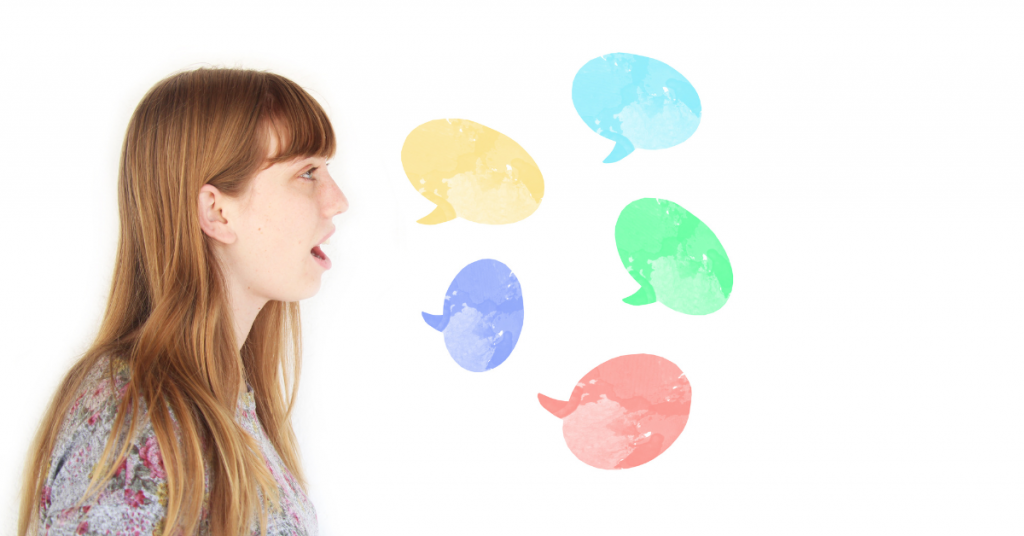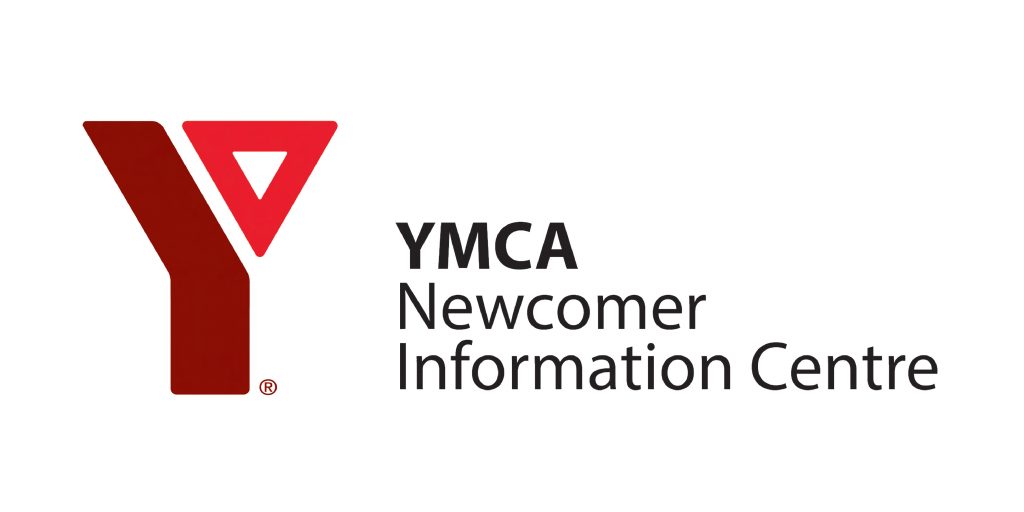Socializing in Canada: Tips on Navigating Language Barriers for Newcomers
This blog was written by YMCA Newcomer Information Centre Information and Referral Specialist, Lena Samoilichenko.
Communicating effectively in your non-native language can present challenges, but it’s a skill that can be mastered with persistent practice over time. Whether you’ve just started learning English or trying to communicate without being fully fluent, there are things to keep in mind that can help you change how you approach the learning process.
1. Overcoming the Fear of Speaking
One of the biggest obstacles in language learning is the fear of speaking. It is common for newcomers to encounter this limitation when they first come to Canada, especially from non-English-speaking countries. Newcomers can be afraid of making mistakes when speaking and embarrassing themselves in front of others.
It’s natural to feel self-conscious about making mistakes or not being understood, but remember that it is part of the learning process. Don’t be afraid to speak up and practice speaking in real-life situations. The more you practice, the more confidently you’ll express yourself. Remember, everyone makes mistakes when learning a new language, and it’s all part of the journey towards improvement.

2. Utilizing Translation Tools
In today’s digital age, numerous translation tools and apps are available that can help bridge the language gap. These resources can be invaluable in helping you communicate effectively, primarily when the service you are accessing doesn’t provide an interpreter, and you are still struggling with your fluency. Keep a translation app handy on your smartphone or tablet for quick reference, and use it as needed. Additionally, practicing with the app can help elevate your language skills and boost your confidence in real-life conversations.
Remember, these tools are meant to assist you, not replace the need to learn and practice the language. Use them to supplement your language learning journey, but always aim to improve your skills through immersion and practice.

3. Techniques for Effective Communication in Multilingual Settings
Certain techniques for effective communication can be used in multilingual settings for beginner English language learners. To ensure clarity in your communication,
- Start with the most critical information and keep sentences short and concise.
- Use everyday language and avoid jargon, acronyms, and legal terms.
- Utilize visual aids or gestures to help with understanding.
- Practice active listening and paraphrasing to better comprehension.
- Increase cultural awareness to enhance communication effectiveness and build stronger relationships across language barriers.
- Be tolerant and respectful when communicating with others.
Considering these techniques when learning English can enhance communication, better connect with people from different backgrounds, build stronger relationships, and expand personal and professional opportunities.
4. Patience and Persistence
Learning a new language can be time-consuming, so it’s important to be patient with yourself and keep going even if you feel like your progress is slow. It’s a good idea to set realistic goals for yourself and celebrate small victories along the way. Your progress may not always be steady, but every effort you make will contribute to your overall improvement in the language. Remember that language learning is a journey, and every step forward brings you closer to your goal of fluency. As you progress, you’ll gain a deeper understanding of the language’s nuances and subtleties and be able to express yourself more confidently and effectively.

Overcoming language barriers can help you communicate more effectively and confidently in your non-native language. Remember that communication is critical to building connections and maintaining relationships, so embrace the opportunity to learn and grow in your new community through language learning.
If you need further information or resources for your language learning journey, don’t hesitate to contact the YMCA Newcomer Information Centre.






